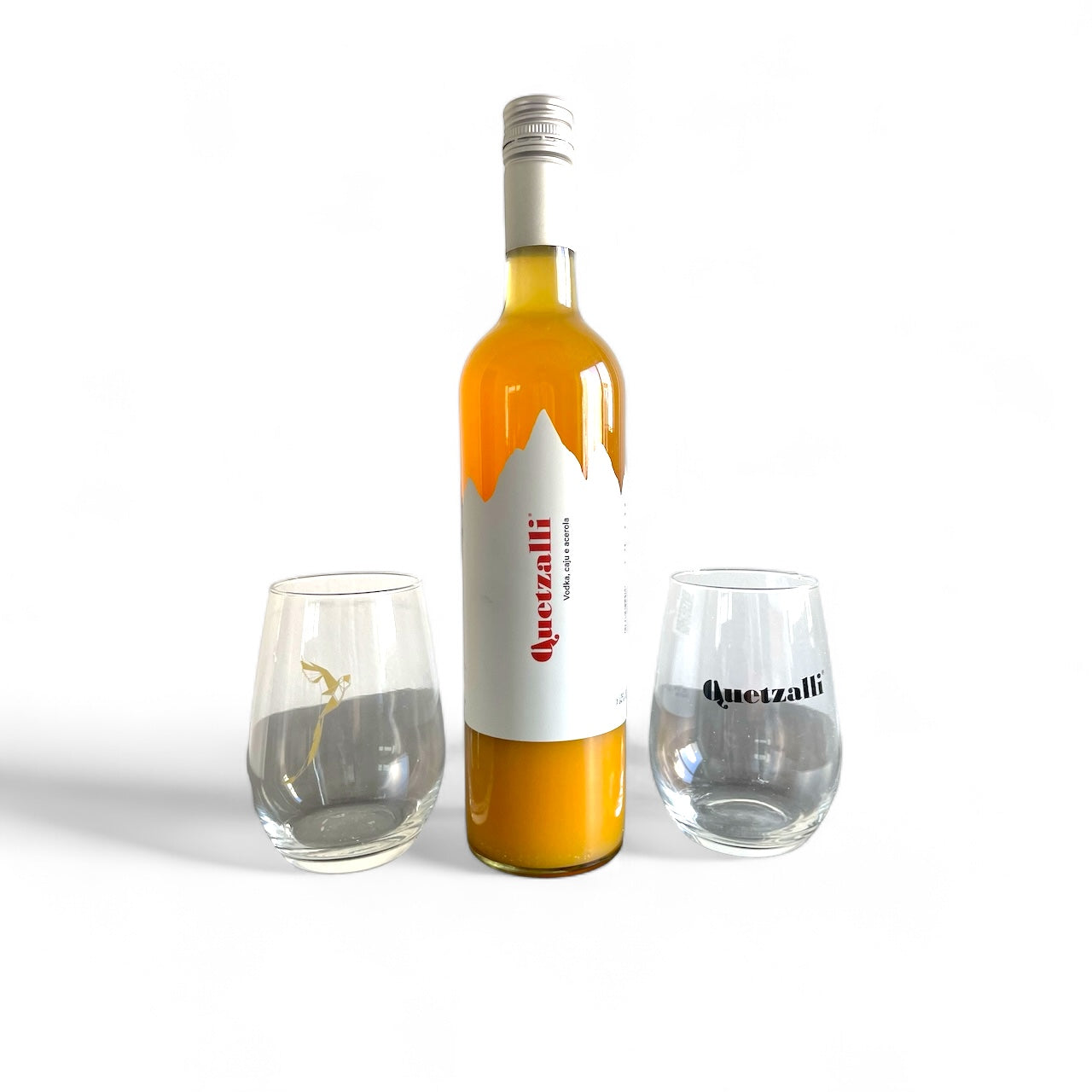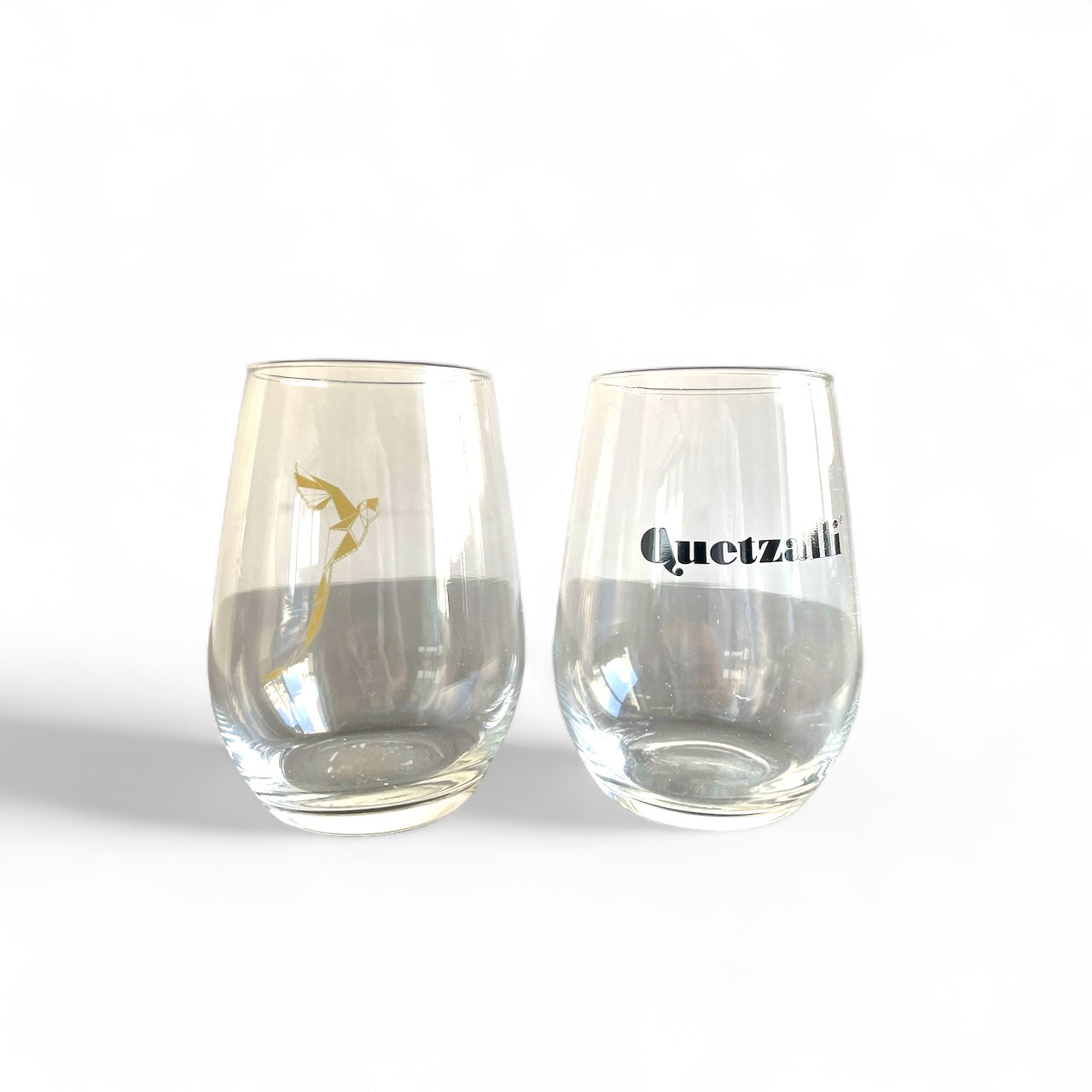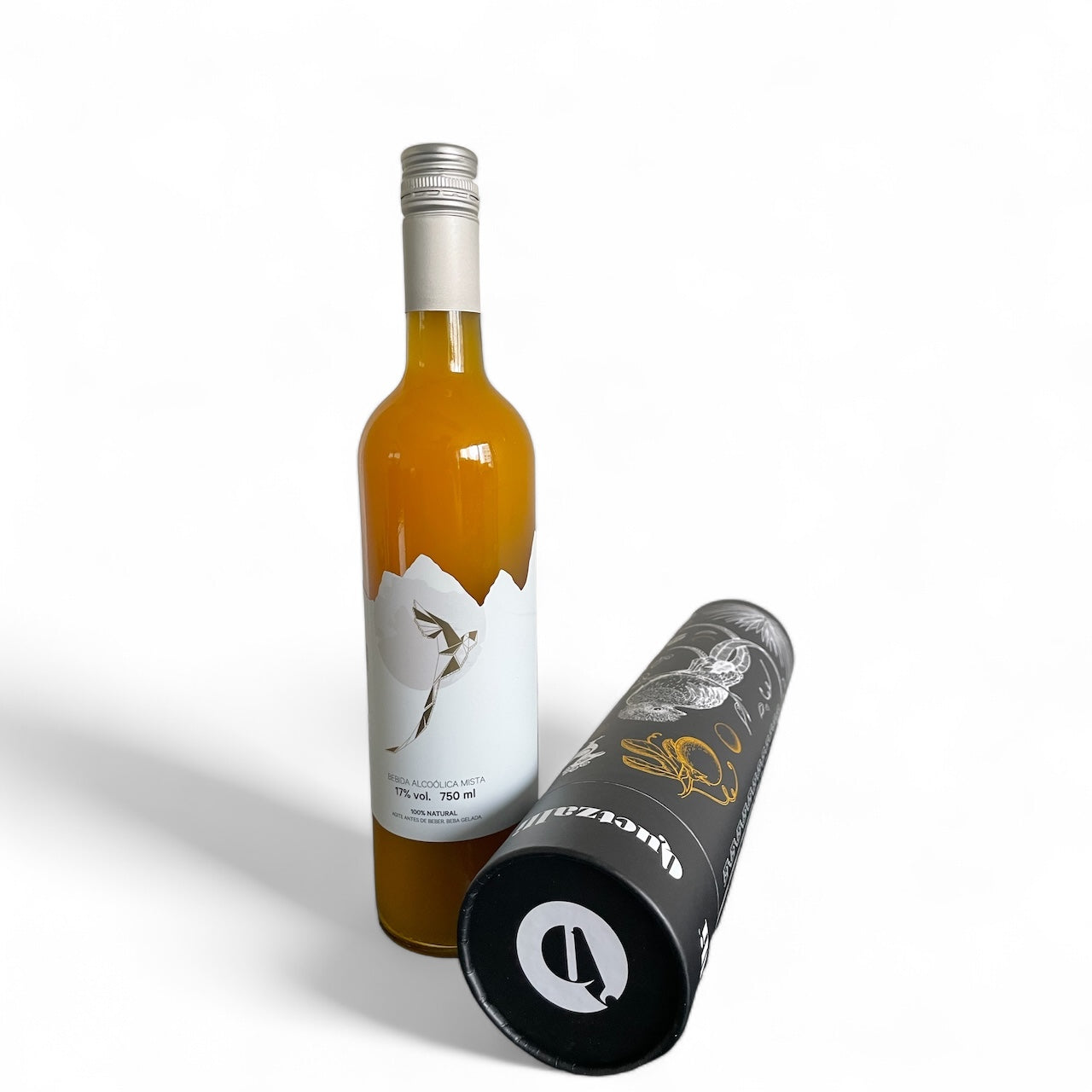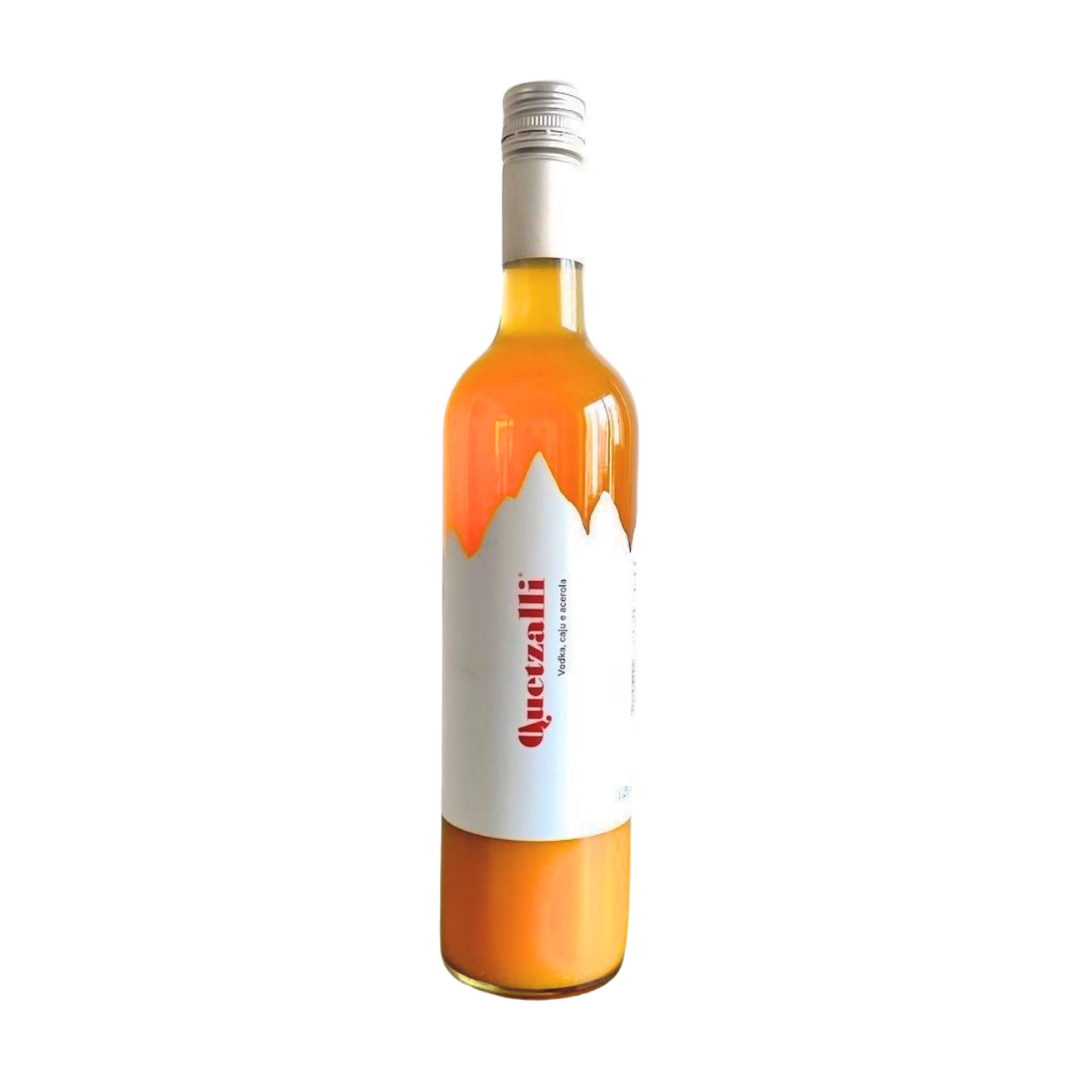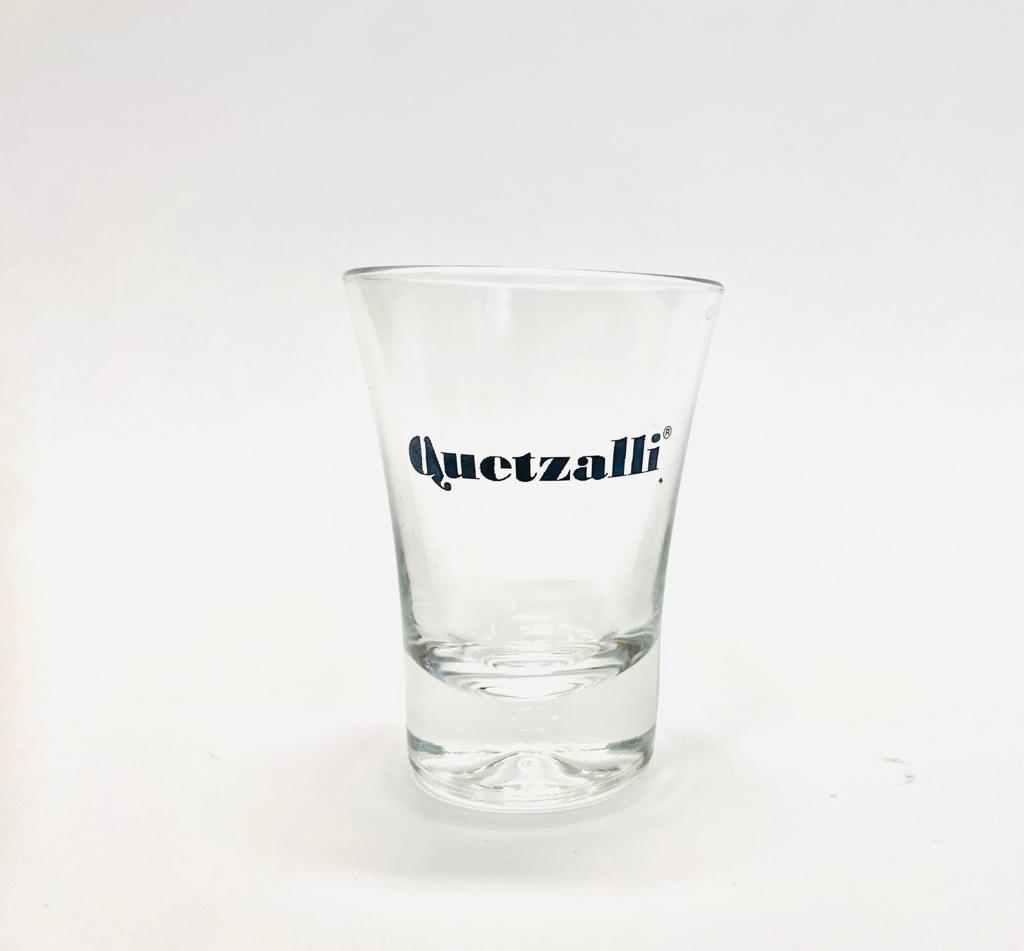Quetzalli is passionate about all types of art and this includes,
obviously, cinema! Today, Brazilian Cinema Day, we decided to hit
a super cool chat with the director from Ceará, Halder Gomes.
Halder Gomes
A business graduate and taekwondo master, Halder began his film career in 1991, when he made his first appearances as a stunt double in martial arts films in Los Angeles, California. A director, producer, and screenwriter, his films have been officially screened in 25 different countries to date. Halder wrote and directed the feature film "Cine Holliúdy," which was the Brazilian film with the highest average attendance per theater in 2013; " Cine Holliúdy 2: A Chibata Sideral," which "beat" major productions like " Dumbo" and "Capitã Marvel" at the Ceará box office in 2019 (in addition to becoming a series on Globo); "Os Parças"; "Shaolin do Sertão"; and "As Mães de Chico Xavier" (The Mothers of Chico Xavier)—co-directed with Glauber Filho. Now, he's directing a new film: " Red Monet ," which inspired Quetzalli to create a drink of the same name in honor of the Brazilian director.
Vermelho Monet tells the story of Johannes Van Almeida (Chico Diaz) , a painter trying to find his artistic footing, who goes to Portugal in an attempt to start over. However, everything changes when art dealer Antoinette (Maria Fernanda Cândido) and international actress Florence Lizz ( Samantha Heck Müller ) enter his life.
With scenes set in Lisbon, Paris, and London, the film will be spoken in Brazilian, Portuguese, and Angolan Portuguese, as well as featuring scenes in English and French. The intimate and personal story is influenced by the director's passion for painting.
Halder and Maria Fernanda Cândido during the filming of the feature film
Check out some of our conversation about Brazilian cinema with Halder Gomes:
How important is Brazilian cinema for our society?
Halder Gomes: Brazilian cinema is a record of a society, an era; it is the story of a people represented by time periods that, alongside journalism—but imbued with feelings—tells future generations who we were and, for current generations, why we are where we are.
Tell us a little about your new film.
Halder Gomes: Vermelho Monet is a drama about a painter on the verge of losing his sight and searching for inspiration for his definitive masterpiece; the struggle of a celebrity trying to establish himself as an actress; and an art dealer seeking the commercial success of her past. Stories of love and greed intertwine against the backdrop of beautiful Lisbon, London, and Paris. It's a film that uses the world of painting as a backdrop. It's in post-production, all remotely due to the pandemic, but moving forward... It's looking beautiful!
Director Halder Gomes on the set of his new film, Vermelho Monet
The premiere was scheduled for 2020 and probably
The COVID-19 pandemic has impacted the date. Do you have a new date or any release date forecast?
Halder Gomes: Given all this, we can't think about a specific date. We don't know if we'll return to a "drip" or a full-blown schedule. All of this impacts new ways of rethinking the market, etc. We don't know anything for now; the virus is the "owner" of cinema worldwide today.
In this sad time of pandemic that we are living, cinema brings us a breath of fresh air and helps our mental health. Do you think that after this, people will understand the influence?
importance of art in your lives?
Halder Gomes: People know, no matter how stupid some may be. The point is to admit it. In this country, we have a part of the population that says art is essential, and another that consumes it in secret. Sad. Right now, the only thing certain is that we have healthcare professionals saving lives on the front lines, and artists filling the voids in the back. What people will be like later is a big unknown, but art will be there one way or another.
Cinema has the superpower of bringing representation to the screen. Do you care about this in your films?
Halder Gomes: Yes, especially because it's eternal and often timeless. Cinema should always have its share of provocation and transgression, regardless of genre. It takes a lot of effort to end up with something innocuous. A key characteristic of the films I make is representation. We have the power to always be someone's voice, and cinema is a great audience for that.
Some films directed by Halder Gomes
What are the main challenges you see in working in our current political landscape? Have they changed significantly since you began your career?
Halder Gomes: We don't have a political landscape where dialogue and governance are maintained for the entire society. Of course, given this scenario, the arts, in general, are the first to have their activities strangled. But art and culture are greater than all this, as history tirelessly demonstrates. I've lived through and survived several cycles, like the Collor era, for example. These fluctuations and hiatuses are common in Brazil, unfortunately. Today it's a political and pandemic issue; tomorrow, who knows. But artists are and always will be survivors. On the other hand, the growing demand for streaming content opens up a possibility independent of the current government's good (or bad) political will. Today, almost everyone has a screen, and this makes audiovisual media more powerful than ever.
You've lived in the United States and appeared in films there. What do you see as the biggest difference between making films in Brazil and abroad?
Halder Gomes: Filmmaking, from a production standpoint, is the same anywhere in the world. Of course, in some places with more consistent production, there's more advanced technical and logistical maturity, capable of handling multiple productions simultaneously. There are small cultural variations—large budgetary ones—but generally speaking, a set is the same everywhere; and that's great, as it makes it easier to understand partnerships and co-productions.
How do you think ordinary people can contribute to promoting national cinema?
Halder Gomes: The greatest contribution is the appreciation for our cinema. Allowing yourself to experience it, enjoy it, and share it. With so many audiovisual options, it's important to put ours on the menu, because it's organic, nutritious, healthy, and has a substance that only ours can offer.
As young cinema lovers, nothing is more like us than using national films to name our special drinks.
We have: Yellow Manga, in honor of Cláudio Assis, and Red Monet, in his honor. What did you think of this? What's your favorite drink? Do you like bitter, sweet, or citrusy drinks?
Halder Gomes: What an honor, thank you! Here in Ceará, there's a very famous restaurant that named one of its drinks "Voadora na pleura"; the strong beast! :) I'm a "cultural" cachaça drinker. I love a good cachaça! I like strong drinks that have the personality to be enjoyed with the dense smoke of a strong cigar, so there are few left that don't lose that intensity, which are: cachaça, cognac, bourbon, and scotch. Wine, for example, has to be made from a very strong grape so as not to lose the tobacco flavor. I used to enjoy beer, but today's hangover isn't worth it :)
Did you like it? Then how about making our drink at home to toast when you watch one of this great artist's films?
Monet Red Drink
Ingredients:
- 100ml of Quetzalli
- 6 strawberries
- 1 level teaspoon of pepper jelly
- Ice
Preparation method:
Add the strawberries to the shaker and muddle. Then add a level spoonful of pepper jelly and ice. Shake everything and serve.






